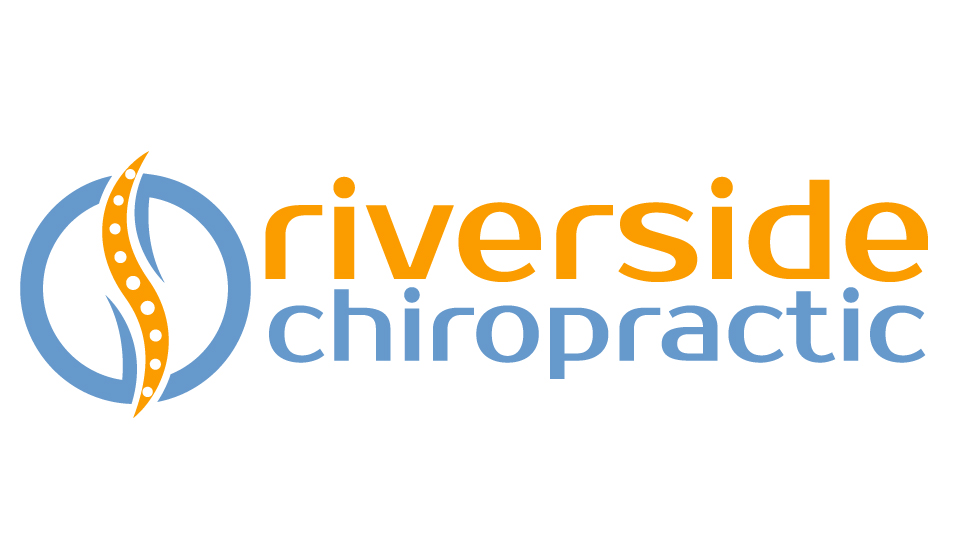What might be causing my pain?
/It might be coming from your fascia.
What is fascia?
You have most likely seen it before. It is the thin, yellowish, white-ish stuff that is wrapped around meat. In your body, it is wrapped around individual muscle fibres, muscle bellies, nerves, blood vessels and organs. It connects your musculoskeletal, circulatory and nervous systems together.
It was initially thought that fascia was just a connective tissue scaffold helping to give the body its shape and hold it together. It is now being discovered that cells move throughout our fascial system transporting nutrients and waste products. It has also been found that cells within our fascia communicate with our Central Nervous System.
Fascia can be damaged in a variety of ways but the most common ones are:poor posture, RSI, child bearing, sports injuries, car accidents, falls, wear and tear and inflammation, which is often due to ageing. When an area of fascia becomes damaged, it develops cross-linking fibres of collagen to help it heal, these do not go away once the area has healed and they actually cause the fascia to move less. The fascia develops adhesions or scar tissue, as a result, it becomes stiffer and stretches less. Over time, the by-products of sugar and sugar itself get stuck in these adhesions causing even more stiffness. Think of healthy fascia being like nicely, combed hair where the hair strands are parallel and unhealthy being like a big knot in the hair that is hard to comb out. Apart from being really stiff and in-elastic, it becomes more painful as well. It is also going to lead to joint stiffness eventually, which causes pain. Scar tissue is more sensitive to pain than normal tissue. Fascial injuries aren't usually seen on imaging even very detailed ones like MRIs.
So, what can be done about it?
To keep our fascia healthy we need to be well hydrated but we also need movement to help get the water into it. So, another reason to exercise and stretch. If this doesn't help with your pain, see one of our chiropractors as we help to restore the correct motion to your joints which takes the pressure off the fascia. We also will do soft tissue work to allow the fascia to move more freely. Many of our clients have benefited greatly from seeing, Andrew, our remedial massage therapist as this also helps to loosen stiff fascia.
This has been adapted from https://www.doctorschierling.com/fascia.html
If you experience any back pain please get in touch with us so we can help, please contact us or book online.


